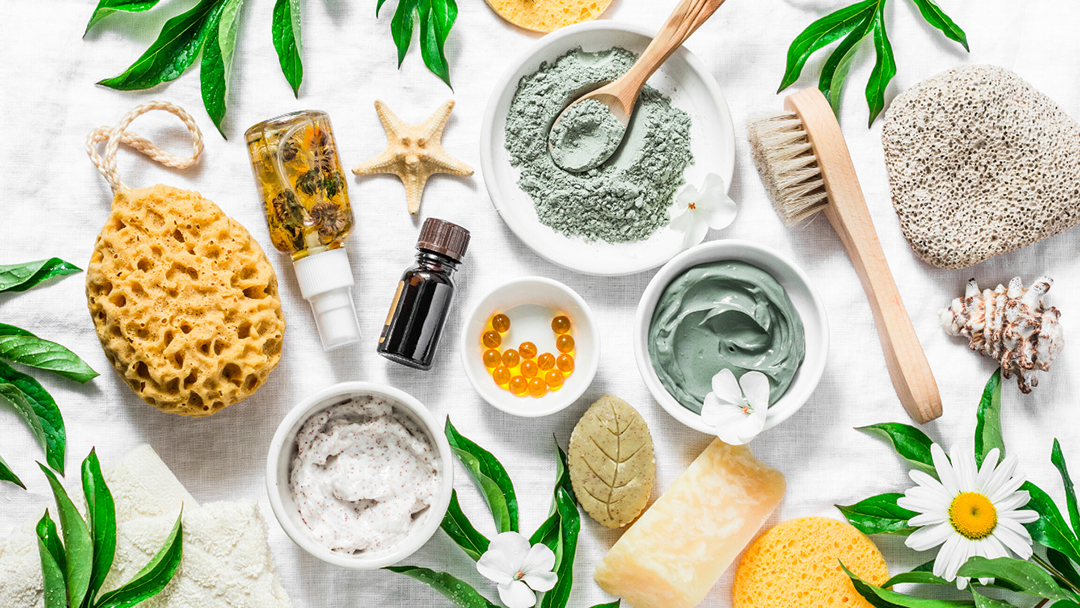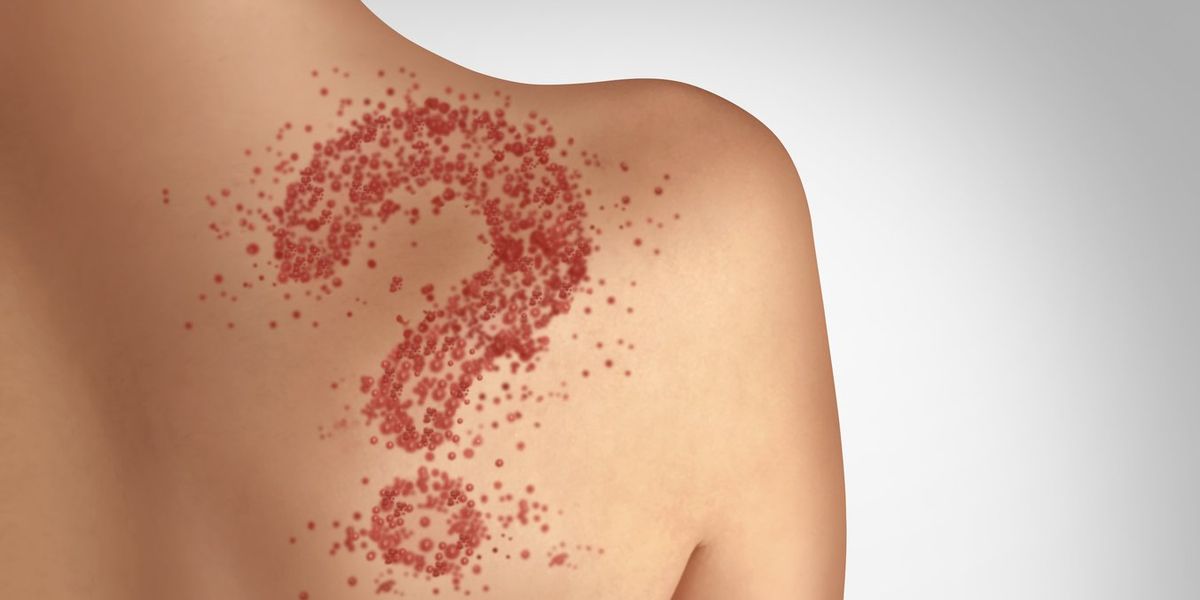5 Surprising Reasons You Need More Vitamin D, According to Experts
Vitamin D, the sunshine vitamin, plays a vital role in maintaining overall health. And yet, deficiencies are not uncommon: 35% of adults in the United States are deficient in vitamin D, according to the Cleveland Clinic, while even more are likely getting some but still less than they should. Despite everything that vitamin D does and the benefits it provides, it can be hard to tell if you’re actually deficient.
“Most symptoms are vague and can be easily overlooked,” said Heather Mangieri, R.D.N., a sports and wellness dietitian in Pittsburgh. “As a sports dietitian, I get concerned about a vitamin D deficiency when I see an athlete complaining of fatigue, bone pain, muscle aches, or presenting with multiple bone fractures or injuries.” Other common symptoms of vitamin D deficiency including muscle weakness and mood changes.
Meet the experts: Heather Mangieri, R.D.N., a sports and wellness dietitian in Pittsburgh; Melissa Prest, D.C.N., R.D.N., a registered dietitian nutritionist with Kidney Nutrition Specialists in Seattle.
Not only do you need adequate amounts of vitamin D to avoid these symptoms, but getting enough can also help you reap all the health benefits this powerful vitamin has to offer. Here, dietitians shared how vitamin D works in the body, plus the benefits it delivers and how to make sure you’re getting enough.
How does vitamin D work?
“Vitamin D is a fat-soluble vitamin that is both a nutrient and acts as a hormone,” explained Melissa Prest, D.C.N., R.D.N., a registered dietitian nutritionist with Kidney Nutrition Specialists in Seattle. Its main function is to help the body absorb and regulate calcium and phosphorous, ensuring they’re available to strengthen bones and teeth, she added. It also aids in the absorption of magnesium, which supports muscle and nerve function as well as energy levels.
Vitamin D boosts the immune system, too, by inhibiting the production of inflammatory cytokines, a molecule that signals inflammation, explained Mangieri.
There are two main types of vitamin D—vitamin D2 and vitamin D3. Vitamin D2 naturally occurs in some plants, whereas vitamin D3 is found in some animals and produced by human skin via sunlight exposure, per the Harvard T.H. Chan School of Public Health. Mangieri explained that D3 is considered the more potent form of the vitamin because it “has been shown to raise levels higher and for a longer period of time than D2.”
Health benefits of vitamin D
Ongoing research continues to uncover how crucial vitamin D is to overall health. “It’s involved in many metabolic pathways and scientists continue to investigate its role in heart disease, diabetes, depression, and multiple sclerosis, among others,” added Mangieri. With that being said, here are some of the ways proper vitamin D levels can improve your overall well-being:
Strong bones
A vitamin D deficiency, especially in older people, increases the risk of fractures and fosters overall weak and soft bones, Prest explained. “This condition is called osteomalacia and can cause bone deformities, pain, seizures from low blood calcium levels, muscle spasms, and dental abnormalities,” she added. A review published in the International Journal of Molecular Sciences found that vitamin D deficiency can induce osteomalacia plus increase your risk of developing osteoporosis, or brittle bone disease.
Improved immunity
Due to its ability to regulate the production of inflammatory cytokines, vitamin D has been found to help the immune system overcome bacterial and viral infections like pneumonia and even COVID-19. Indeed, according to research in the journal Nutrients, data has linked vitamin D deficiency to defective functioning of the immune system, an increased risk of infections, and a predisposition to developing autoimmune disease.
Better heart health
Vitamin D deficiency has been associated with heart disease and cardiovascular disease-related mortality. Researchers writing in Clinical Nutrition explain that vitamin D helps to regulate blood pressure, plus acts on several mechanisms that keep heart disease risk low. So far, studies have not found an explicit benefit of taking high doses of vitamin D to prevent cardiovascular events like heart attacks, according to the National Heart, Lung, and Blood Institute, but experts say it’s still important to make sure you’re getting the recommended daily dose.
Boosted mood
Low vitamin D has been scientifically linked to depression, and vitamin D supplements are sometimes used to treat it. A 2022 review published in Frontiers in Public Health found that use of vitamin D reduced the incidence of depression and improved the results of depression treatment, especially for women and people who were previously deficient in the vitamin.
Strong muscles
Research is ongoing, but one recent study published in the journal Metabolism found that people who took vitamin D had increased muscle mass and muscle strength compared to a control group. The researchers suspect that vitamin D helps regulate protein synthesis and block the pathways that prompt sarcopenia, or age-related muscle loss.
How to get enough vitamin D
There are three ways to get vitamin D: From food, from the sun, and from supplements. “Fatty fish like salmon, tuna, mackerel, and trout, as well as fish liver oils, are among the best natural sources of vitamin D,” said Mangieri. “Cheese, egg yolks, beef liver, and mushrooms also have small amounts.” Other foods like milk, yogurt, cereal, and orange juice are often fortified with vitamin D, meaning the nutrient is added in.
“It is difficult to get enough vitamin D from foods alone,” Prest admitted. “We need to consume vitamin D and get some exposure to the sun to make sure we have an adequate supply available for our body to use.” With that being said, soaking up the sun isn’t always easy.
“Cloud coverage, season, distance from the equator, pollution, skin pigmentation, age, and wearing sunblock can all impact how much vitamin D your body is able to produce,” explained Mangieri. Plus, there’s the danger of skin cancer.
Mangieri added that the National Institutes of Health (NIH) recommends a daily vitamin D intake for children and adults of 600 to 800 international units (IU). “While I fully encourage a food-first approach,” she said, “when it comes to Vitamin D, a dietary supplement is often needed.”
You can get both vitamin D2 and vitamin D3 in supplement form. Vitamin D2 supplements are made by exposing the ergosterol in yeast to UV radiation, explained Prest, and vitamin D3 supplements come from the exposure of 7-dehydrocholesterol—obtained from lanolin in the wool of sheep—to UV radiation. “There is also an animal-free version of vitamin D3 made from lichen,” she added, which comes from algae.
“For people following a vegan diet or avoiding certain animal products, they can contact the dietary supplement manufacturer to ask about the product’s ingredients, and how it was sourced and processed,” said Prest. It’s also important to note that vitamins and supplements aren’t FDA-regulated. If you need one, Prest recommended looking for a standalone vitamin D supplement versus a multi-vitamin to ensure you get enough of the nutrient.
“Look for brands with the USP verification mark on the label or that have been third-party tested through programs like NSF Certified for Sport or Informed Choice,” Mangieri added. “By choosing supplements with these labels, you know that what is on the label is actually present in the product in the amounts stated.”
Most importantly, Mangieri suggested having a conversation with your doctor or a registered dietitian before starting the supplement. A professional, she said, can help determine how much you should take.
Dietary supplements are products intended to supplement the diet. They are not medicines and are not intended to treat, diagnose, mitigate, prevent, or cure diseases. Be cautious about taking dietary supplements if you are pregnant or nursing. Also, be careful about giving supplements to a child, unless recommended by their healthcare provider.
Source link
Share this article:












